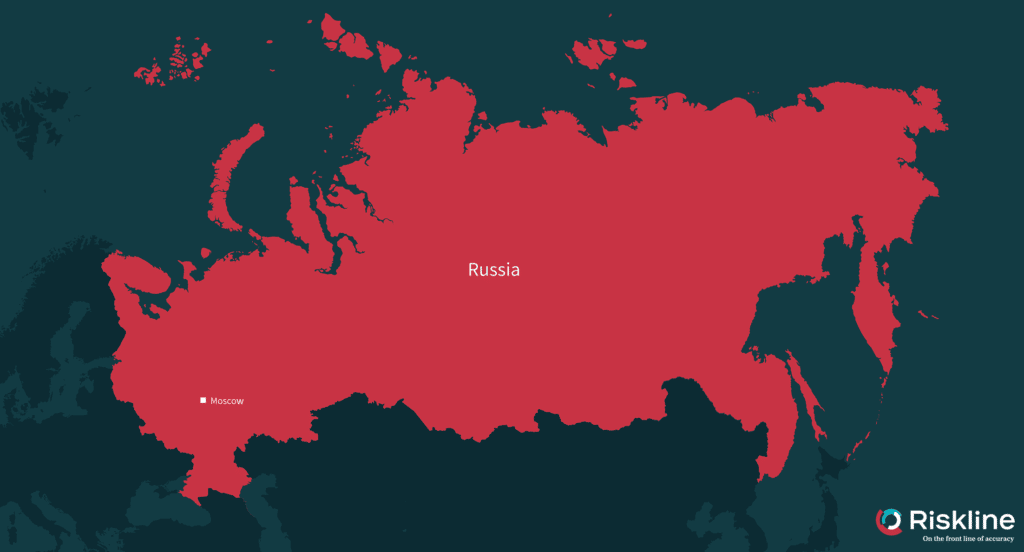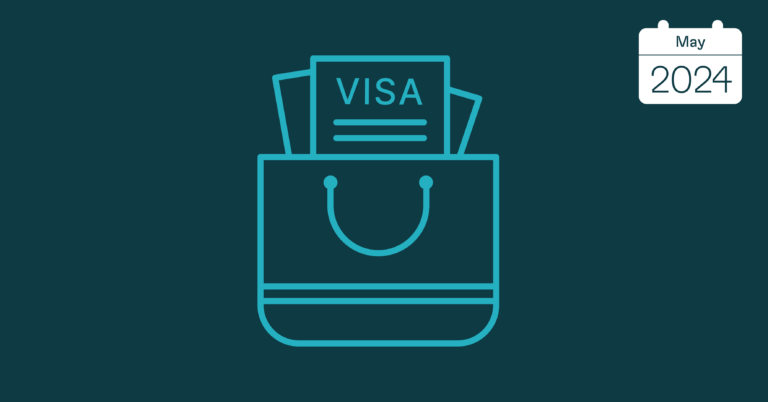On 9 September, the latest round of protests called by anti-corruption activist Alexei Navalny was held across Russia. As usual, police responded with arrests and violence, particularly in Saint Petersburg, where local authorities reversed their decision to allow the protest. This time, however, the protests attracted a different demographic not seen during previous anti-government demonstrations. Alongside youths and opposition supporters, senior citizens who predominantly supported President Vladimir Putin in the past rallied across the country as well.
The protests were held in response to Putin’s plans to raise the retirement age, gradually increasing every six months from 2019 until 2036, when it will have risen from 60 to 65 for men and from 55 to 60 for women. While supporters claim that the reform is necessary to account for the aging population and sustain the government budget, multiple polls have found that the measure is deeply unpopular. Putin’s approval rating dropped to 61 percent by August, compared to around 80 before he announced the reforms in June. Another poll has found that just eight percent of Russians back increasing the retirement age.
Opposition to the reform has united an unusually high number of Russians and embodies more than the fear of working longer: most Russians will not live long enough to retire under the new scheme. While Russia currently has the lowest retirement age in Europe, its life expectancy is also among the lowest. The life expectancy for Russian men is 66, compared to 79 for western European men; for Russian women, it is 71 against 84 for western European women. In more than half of Russia’s federal subjects, the average life expectancy for men remains below the proposed retirement age of 65. For those that do reach retirement age, pensions represent a critical source of income.
Plans to raise the retirement age breach the social contract that the government has maintained with its constituents. When Putin first assumed power in 2000, Russians were willing to concede their political freedom and overlook persistent corruption as the cost of societal stability, rising standards of living and growing power on the world stage. During Putin’s first two terms, Russians indeed enjoyed the benefits of strong economic growth driven by oil and gas exports. Now, the economy has yet to recover from a crisis set off by a drop in oil prices and western sanctions that were imposed following Russian occupation of the Crimean Peninsula in 2014. While Putin could blame western powers for Russia’s economic woes four years ago, there is no one but he himself to take the blame for the unpopular reforms.
In a country decided by rigged elections and with a parliament under firm control of Putin’s United Russia party, Russians have nowhere to voice their opposition but on the streets. After the pension reform bill was approved in its first reading in July, just two more readings and approval by the upper house remain in the way of its passage in parliament. Despite talks that A Just Russia and the Communist Party are planning to pursue a referendum, a 2004 law ensures that this will be unlikely and difficult – holding a referendum requires a minimum of two million signatures from at least 43 of Russia’s 85 regions with the maximum number of endorsements per region limited to 50,000.
Putin’s four terms in power have left Russians with growing economic difficulties and little to no means to effect political change. The resulting frustration has left a vast majority of Russians unwilling to postpone their retirement for a government that they consider corrupt and indifferent to their troubles in a stagnant economy. While the pension reform bill is all but certain to pass, their discontent has spread from major cities to small towns and from youths to the elderly. As a growing number of Russians see the streets as the only place left to voice their anger, demonstrations are likely to become more commonplace as the bill becomes law and the threat of arrests and violence will become increasingly ineffective in deterring crowds from gathering.















